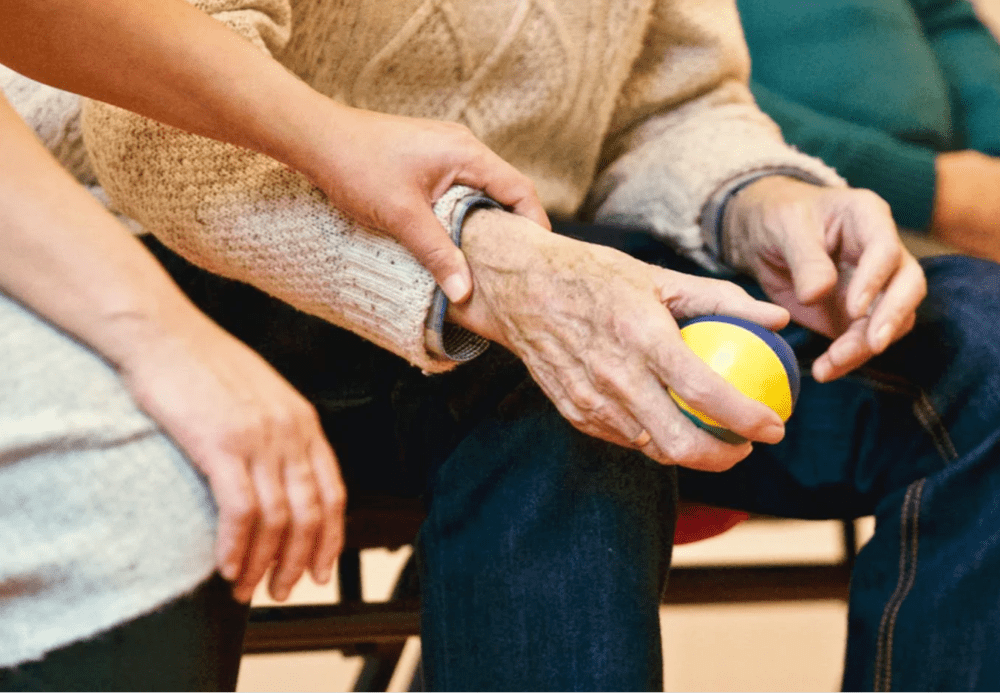Concept
Pre-Commercial Procurement (PCP) is an approach where the public sector challenges industry to stimulate the development of innovative solutions tailored to its need. CRANE will use it to addresses the comprehensive treatment of chronic diseases in the rural areas.
What is the problem and why it is important?
Municipalities are vulnerable when more than 19,5 % of the population is + 65 years of age and cities in the industrialised part of the world are expected to pass this level in 20 years or less. This demographic challenge is expected to stress the healthcare systems and urges the need for self-management innovation. To anticipate this situation CRANE will address the problem of chronic patients in three rural areas-Region Västerbotten in Sweden, Extremadura in Spain, and Agder in Norway-with more than 30% of the population over 65.
In some of our remote and rural municipalities, only 20% of chronic patients can be guaranteed full attention by social service and primary care entities. The remaining 70-80% need to be empowered to increase their self-control and self-management ability to protect their own health.
This presents us with the opportunity to use the participant rural areas, front runners in the demographic challenge as they are, as testing grounds to build sustainable solutions for healthcare and social care that can be exported to the rest of the world. Minimal viable system solutions that are transferable and scalable to larger city contexts.
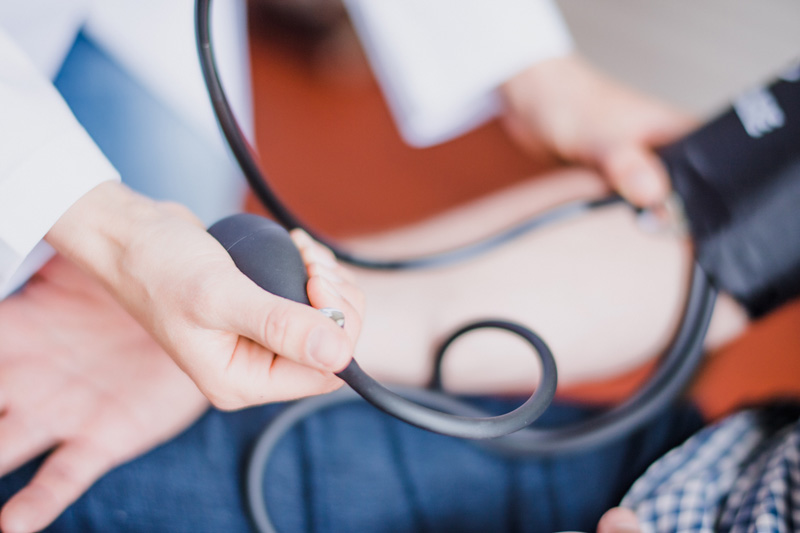
What can we do?
CRANE will help change citizens self-conception from being patients to become active citizens by evolving a model where chronic patients move to self-management supported by two pillars:
Healthcare from home: The adequate monitoring and intervention technology, supported by intelligent use of data to provide actionable interaction with patients, could dramatically reduce the need for professional healthcare.
Garden of care: To support self-management treatments is essential to have a strong ecosystem of health and social care providers around the patient to fulfill their multiple needs. The ecosystem will be tailored to each person requirements to improve control, safety, security, freedom and well-being awareness of citizens.

How can this be implemented?

First, patients need to become the owners of their own health by giving them access, new insights and control of their own data through notions of GDPR legislation and the new European data strategy. Health data are usually seen as a personal possession, but this opens up a range of new possibilities to provide citizens with systems that offer them better control of their health data and the ability to share the data when appropriate. This will make them understand that data can be used for the greater good at the same time that to improve their own health and well-being.
The current structure of storing health data at healthcare and social care institutions is connected to legislation rather than providing the citizens with the best opportunity to utilize their data. Moreover, health and social care systems have different structures and the actual technologies for self-monitoring at home are rarely transferred between healthcare and social service providers. Therefore, is necessary to involve and share in the new model design, data from all critical actors: citizens, eHealth and the welfare tech industry as well as healthcare and social service providers (private and public).
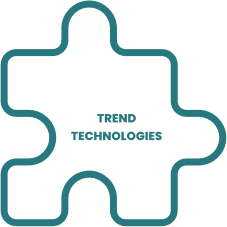
The next step will be to bring cutting-edge innovation and trend technologies into the system to make the most of the collected data. A data lake can in a simple form serve as a safe harbour to store personal health data for citizens. But CRANE aims to develop a more advanced data lake applicable to different services as well as to different research, innovation and development activities. To ensure its success is also needed to build trust with the patients through transparent and open policies as well as applying a feedback system to demonstrate gains for the individuals, both in the short and long run. In this context, CRANE will base its platform on the latest encryption technology to develop a secure public-private data lake platform.
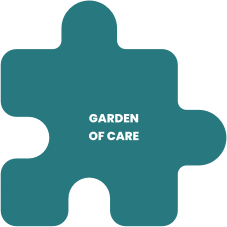
The multidimensional needs of the individual would need more than just technology at home. The garden of care around the patient, which starts with healthcare and social care services, needs to be flexible to adapt dynamically to each person needs and the social context. CRANE garden of care will be tailored to improve control, safety, security, freedom and awareness of citizens well-being.
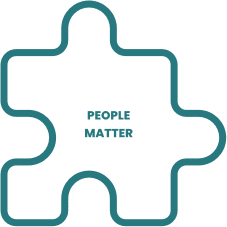
Moreover, a person able to become a self-managed chronic patient will also need: Data management and digital literacy, health literacy about his/her condition and motivation, adapted to her/his personality. Provide citizens with these tools will empower them to take responsibility for the design of their individual integrated care model and become self-responsible for their own health. This empowerment will improve patient’s self-esteem making the system fully succeed.
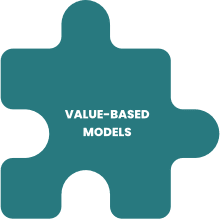
- Identify unmet user needs, elements adding value to the system and those to be modified.
- Generate evidence on results
- Be ready for a value-based service procurement when the project ends.
- Evaluate the performance of suppliers and solutions in CRANE.
- Identify areas of opportunities
- Help the innovators to complete a product that the health service wants

Synopsis
Objectives
Benefit from data lakes and open platforms to build a flexible, dynamic and personalized self-management model to treat at least 80% of chronic patients at home
Enhance new business ecosystems based on ethical and transparent use of data and include local supply chain to design an all-in-one value-based service
Validate the self-management model in rural areas of distant cultures to provide a system transferable and scalable to larger cities anticipating the healthcare challenges arising from an ageing population
Payback
Improved life quality of people with complex chronic conditions
Delayed appearance of chronic conditions
Optimised use of health and care public resources
Lower need of hospitalization and emergency assistance
Reinforced social network and improved mental health of senior people
Enhanced local supply chains and European innovation business

